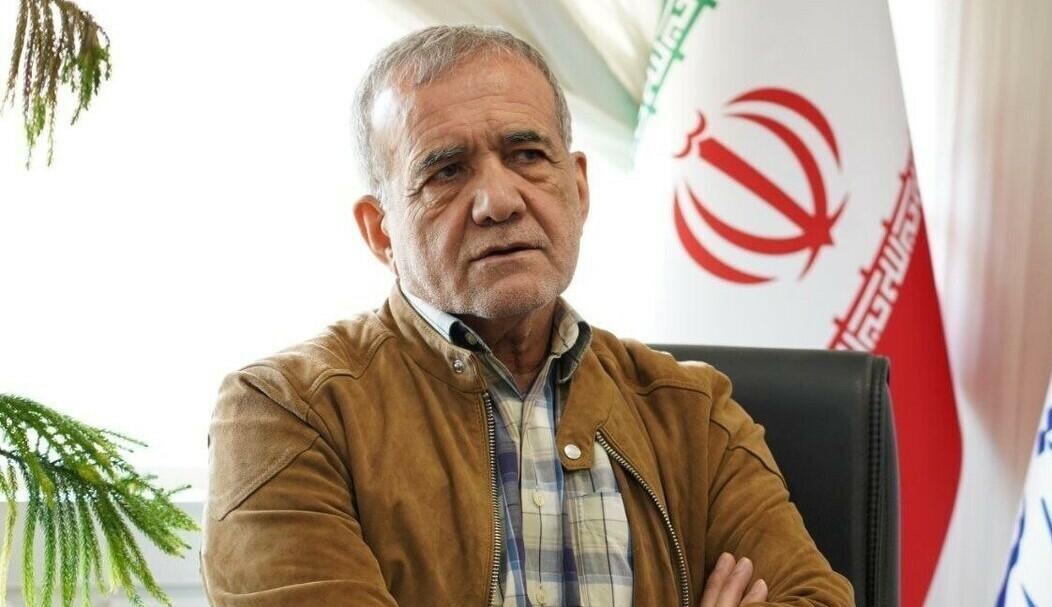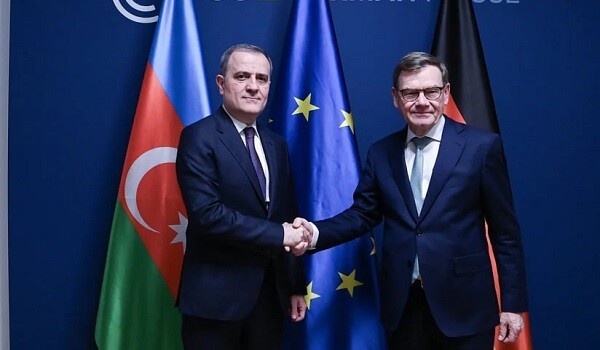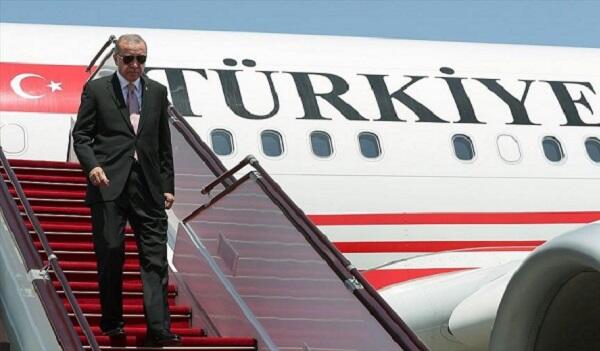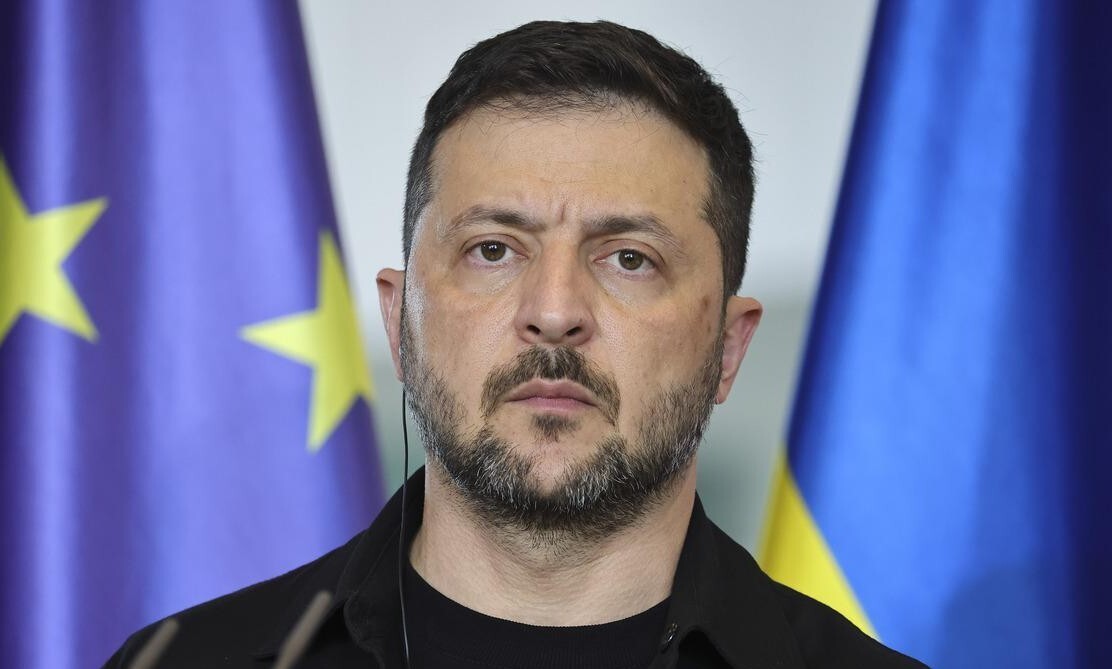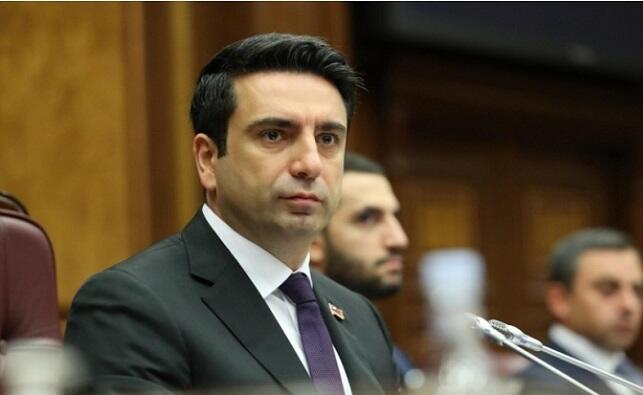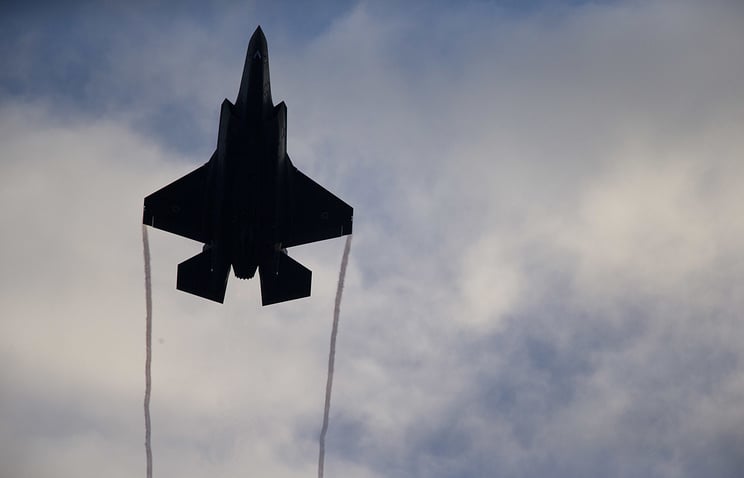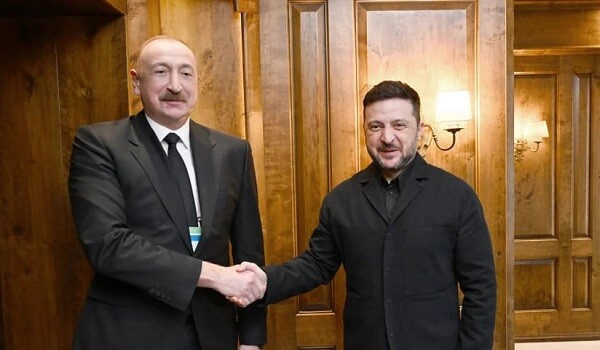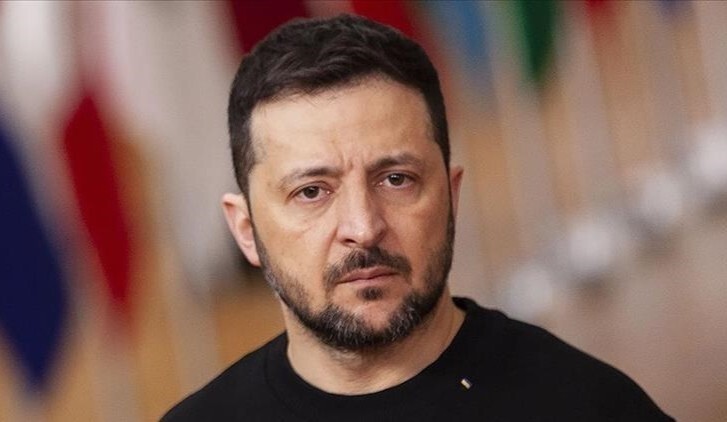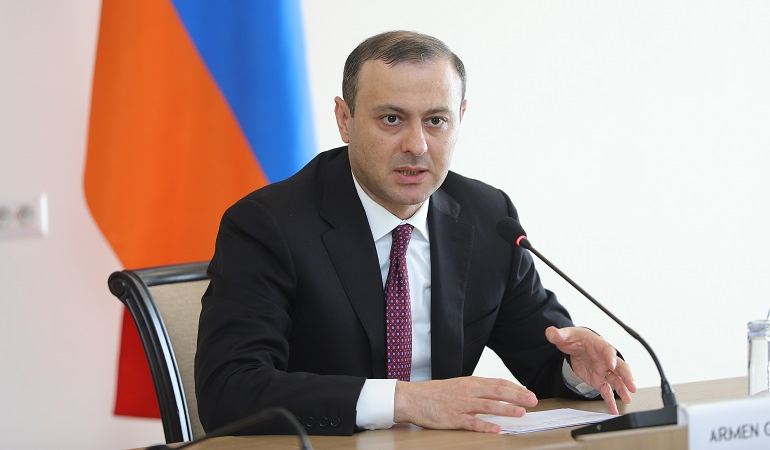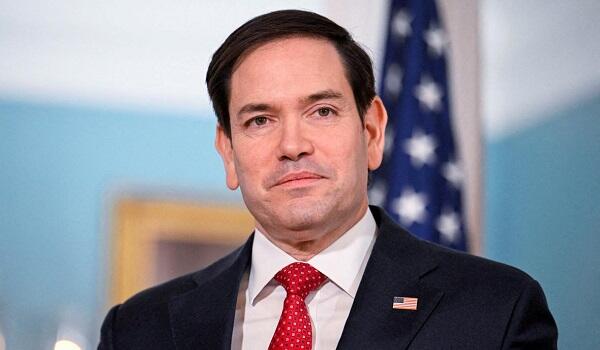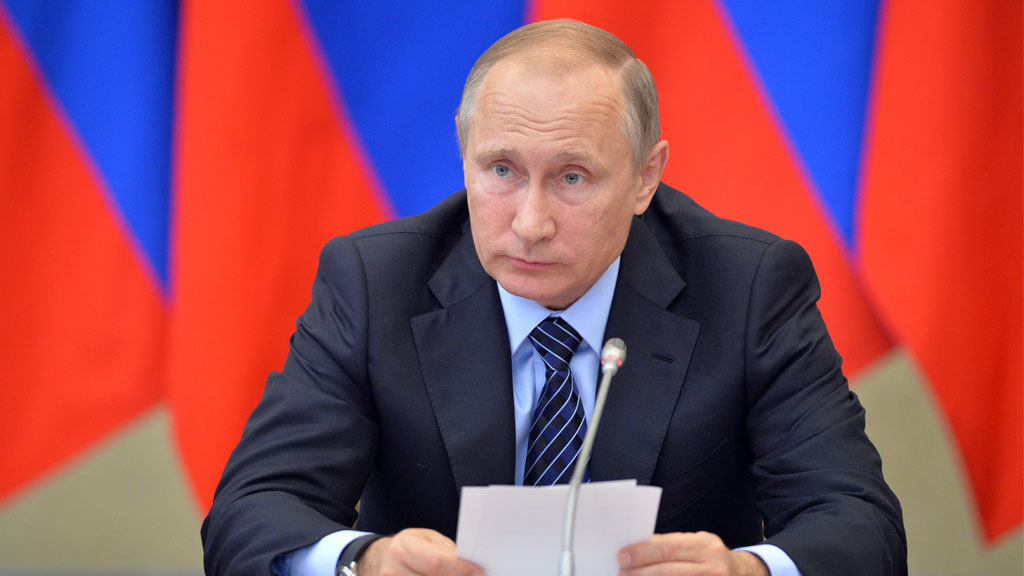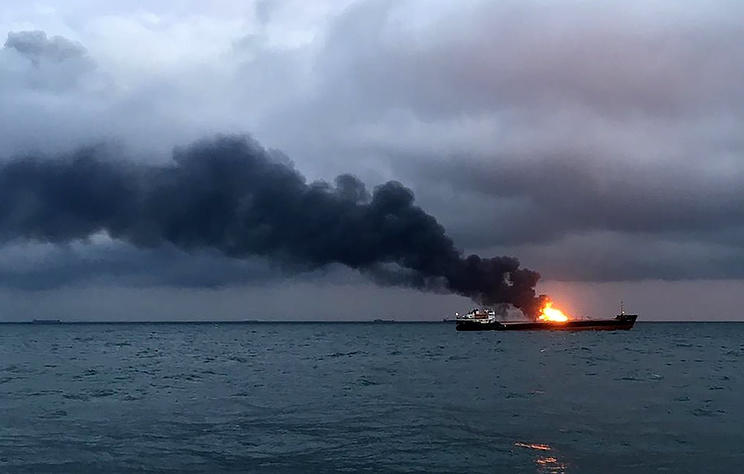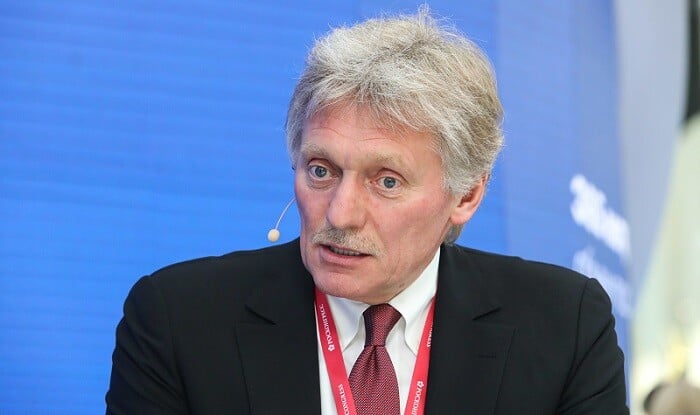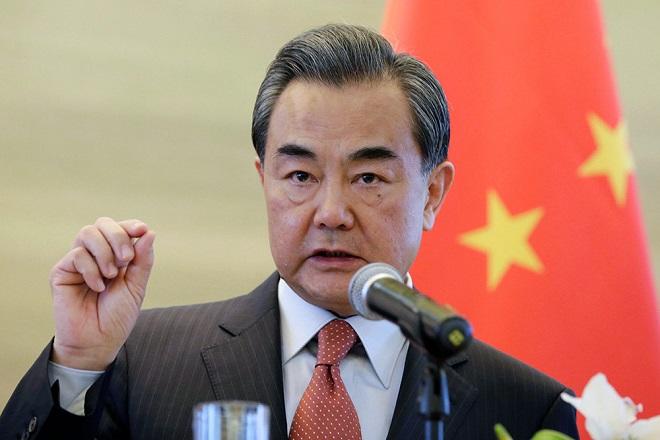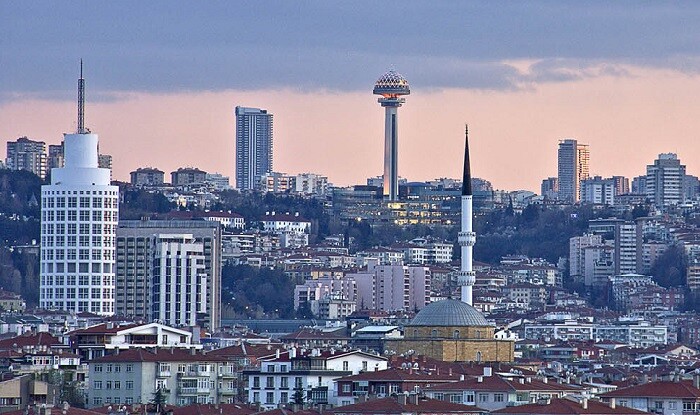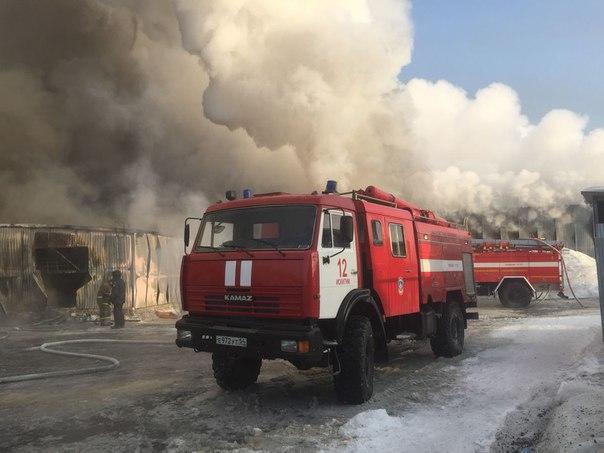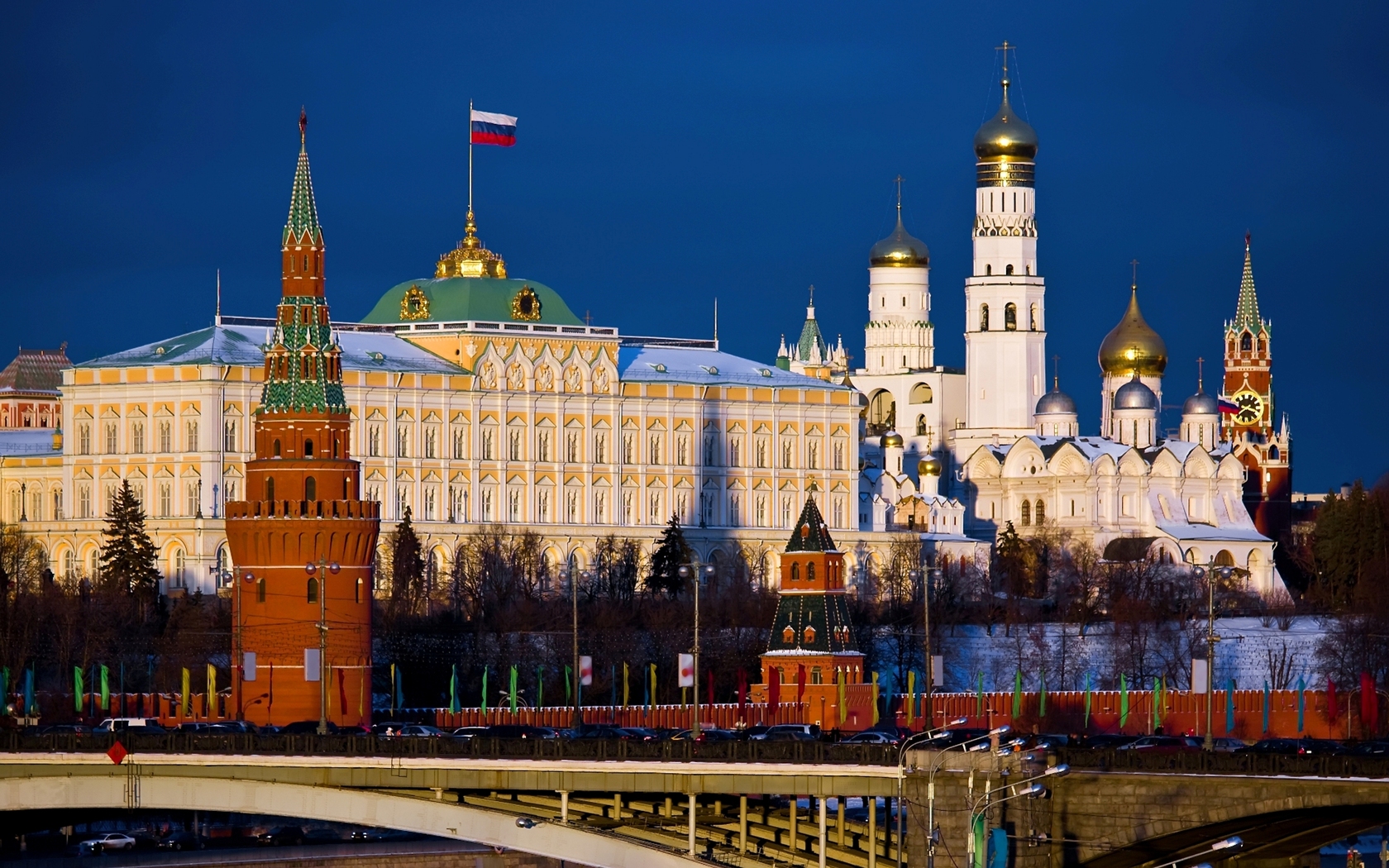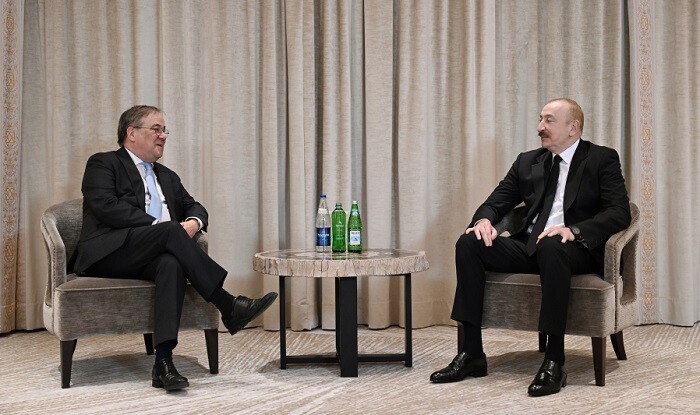Axar.az presents the article "The Azerbaijani-Pakistani-Turkish meeting will improve connectivity" by Andrew Korybko.
The Azerbaijani, Pakistani, and Turkish Foreign Ministers will hold a trilateral meeting on 13 January in Islamabad. Reрorts indicate that these three allied countries' top diplomats plan to discuss issues of shared interest such as cooperation on containing COVID-19, increasing people-to-people ties, strengthening military relations, and working closer together on science, technology, and trade issues. The importance of this meeting will be monumental, especially in the new geopolitical reality brought about by the end of the Patriotic War.
It deserves mention that their talks will take place just two days after the Azerbaijani, Russian, and Armenian leaders met in Moscow to discuss the next step of the political process for conclusively resolving the Nagorno-Karabakh issue. That very successful summit saw all three sides agree to improve their connectivity with one another, with a particular focus being paid to integrating their railroads. Armenia will be able to connect with Russia via Azerbaijan, while Russia and Azerbaijan will be able to connect with Turkey via Armenia.
This outcome confirms just how visionary President Aliyev's regional integration proposal has been since he first unveiled it last month. The Azerbaijani leader foresees all the countries of the region coming closer together in this new reality in order to turn the South Caucasus into a centrepiece of Eurasian connectivity. To this end, and keeping in mind the breakthrough agreement that was just reached in Moscow for connecting the Russian and Turkish railways via Azerbaijan and Armenia, even more, promising potentials await.
The Azerbaijani-Pakistani-Turkish Foreign Ministers might use this development as the springboard for advancing physical connectivity with one another. Azerbaijan and Turkey will already be linked together through Armenia via the Moscow-brokered agreement, while those two could build upon that success and Russia's post-Patriotic War interest in southern-directed regional integration processes to brainstorm the possibility of including Iran and Pakistan into this emerging integration platform.
Pakistan enjoys allied relations with Azerbaijan and Turkey, and Islamabad very proudly stood by Baku during the Patriotic War, offering it the loudest political support possible as a fellow fraternal nation. This will forever be appreciated by the Azerbaijani people, who are now more eager than ever to discover more about the South Asian state which so loyally supported them. Pakistan also has enormous economic potential because it hosts the flagship project of China's Belt & Road Initiative (BRI), the China-Pakistan Economic Corridor (CPEC).
This $60 billion Silk Road serves as China's shortcut for trading with West Asia and East Africa by crucially avoiding the contentious South China Sea and the Strait of Malacca chokepoint. Although the vast majority of Chinese trade with both regions still traverses through those waters, more will naturally be redirected through CPEC as this project continues to come online. In the future, CPEC can be expanded along the western vector to West Asia via a branch corridor that can be described as W-CPEC+ (with the “W” referring to “West”).
Although Azerbaijan and Turkey already conduct some of their trade with China through the Middle Corridor across the Caspian Sea and Central Asia, having reliable access to W-CPEC+ could complement their logistics and also open up many opportunities for their entrepreneurs in Pakistan, a rapidly growing nation of over 200 million people and thus that many potential consumers. for their products, The missing link is of course Iran, which requires serious investments into its connectivity infrastructure in order to facilitate this vision.
It's here where the reported negotiations over the past year between the Islamic Republic and China come into play. Sources have previously alleged that they're discussing a 25-year-long deal that could potentially result in hundreds of billions of dollars' worth of investments. Considering China's BRI-driven focus of international development, it's likely that a significant share of those potential investments would be made in Iran's connectivity infrastructure, thereby facilitating the W-CPEC+ vision in the best-case scenario.
Although that possibility is still some time away before being implemented, it's not too early for Azerbaijan, Pakistan, and Turkey to begin discussing ways in which they could improve trade with one another via their mutual Iranian neighbour. This, of course, won't be the focal point of their Foreign Ministers' discussions, but it would still be wise if this is even just briefly touched upon as an agreed point of interest between all sides. The importance of doing so rests not only in their own interests but also those of their broader partners as well.
It was earlier written how Russia is nowadays interested in southern-directed regional integration processes as evidenced by the recent breakthrough in seeking to connect its railroads with Turkey's via Azerbaijan and Armenia following the end of the Patriotic War. It shouldn't be forgotten that Russia also pioneered the North-South Transport Corridor (NSTC) between itself, Azerbaijan, Iran, and India which unfortunately stalled after New Delhi submitted to Washington's unilateral sanctions against Tehran in recent years.
Nevertheless, Russia's grand strategic interests as a state prevent it from ignoring this opportunity just because one of its partners is reluctant to risk America's wrath by continuing to move forward with the NSTC. Moscow is confident enough of a Great Power to pursue its interests despite Washington's disapproval, so the possibility exists for it to work with Beijing in integrating NSTC with W-CPEC+ to connect with Islamabad instead of New Delhi sometime in the future for the same reasons that Baku and Ankara want to do so as well.
Russia could also use this revived variation of the NSTC to trade with India as originally intended, but expanding its scope to include Pakistan's geographically closer 200-million-person market would be a wise decision for Moscow to make. It might ultimately come to be that the Russian-Turkish railway through the South Caucasus expands through Iran to connect all the way with Pakistan if it links to the Istanbul-Tehran-Islamabad railway that was recently reopened.
Should this happen - and Azerbaijan would do well to suggest this scenario to its Russian strategic partners -- then the South Caucasus state would solidify its role in facilitating Russian-Pakistani connectivity, thus actualizing a more geographically ambitious version of President Aliyev's proposed regional integration platform. That outcome would work out to every stakeholders' interests, hence why it should at least be briefly touched upon by the Azerbaijani, Pakistani, and Turkish Foreign Ministers during their meeting.




